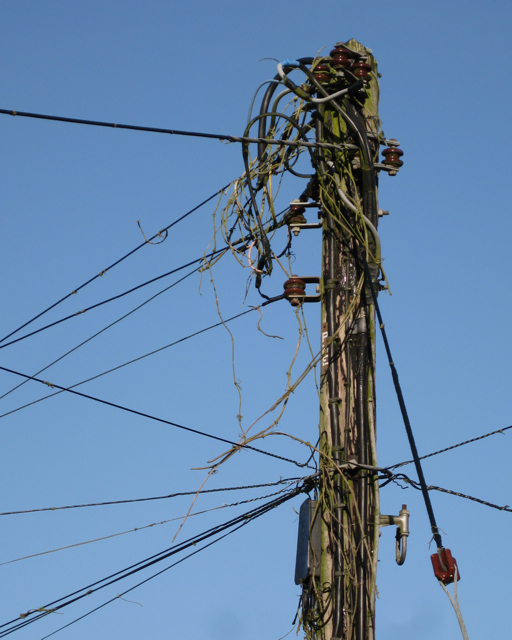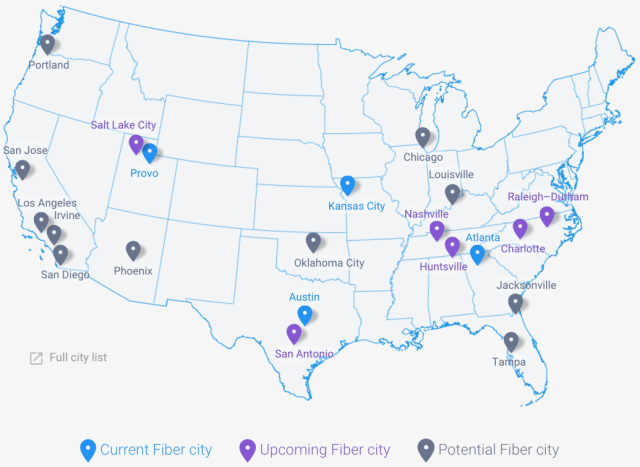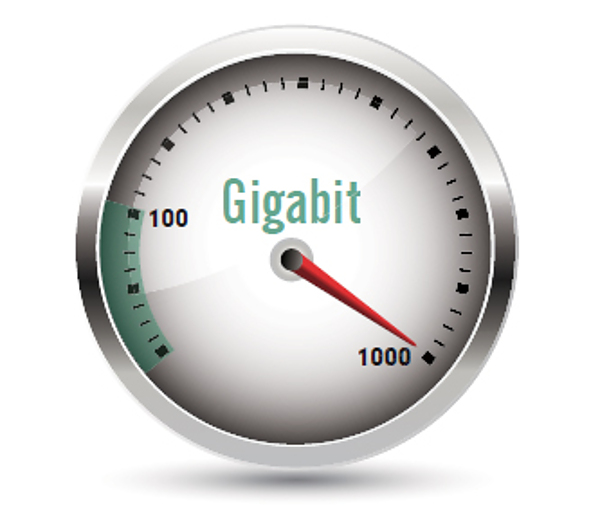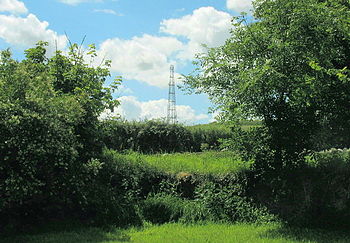by Karl Bode
Despite government programs, national broadband plans, billions in subsidies and a lot of recent hype paid to gigabit services like Google Fiber, U.S. broadband is actually getting less competitive than ever before across a huge swath of the country. Companies like AT&T and Verizon have beenbacking away from unwanted DSL networks they simply don’t want to upgrade. In some cases this involves selling these assets to smaller telcos (who take on so much debt they can’t upgrade them either), but in many markets this involves actively trying to drive customers away via either rate hikes or outright neglect.
As an end result, the nation’s biggest cable companies are enjoying a larger monopoly in many markets than ever before as they hoover up those fleeing customers. According to the latest postmortem of 2015 subscriber totals, the seventeen largest broadband providers acquired 3.1 million broadband subscribers last year. But if you look at the numbers more closely, you’ll notice that nearly all of them were acquired by the cable industry: Continue reading








